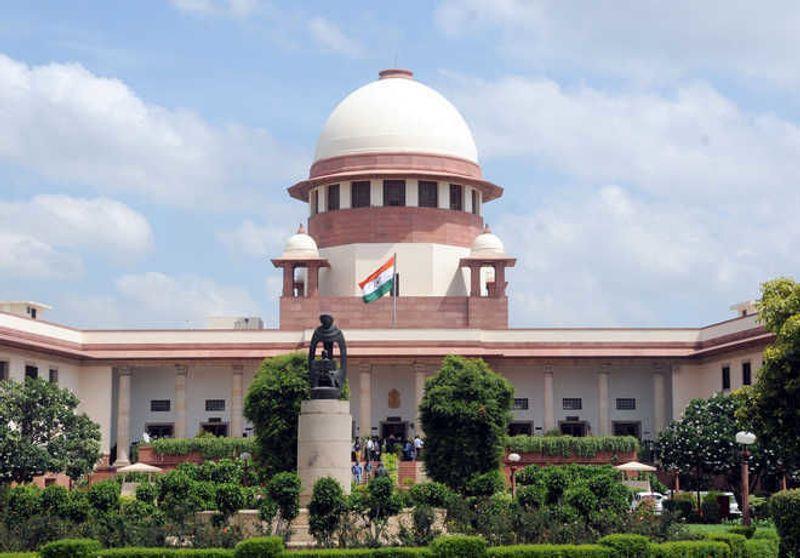
Don’t cross 50% reservation limit in local body polls: SC to Maha
The Supreme Court on Monday issued a stern warning to the Maharashtra government, directing it not to exceed the 50% reservation limit in the upcoming local body elections scheduled for next month. The court’s directive comes in response to pleas alleging that the reservation has reached a staggering 70% in some cases, sparking concerns about the potential breach of the constitutional ceiling.
The apex court’s warning is a significant development in the ongoing debate about reservation in local body polls. The court has made it clear that it will not hesitate to stay the elections if the state government fails to comply with the 50% reservation limit. The court’s statement, “Don’t test the powers of this court,” sends a strong message to the state government, emphasizing the importance of adhering to the constitutional provisions.
The issue of reservation in local body polls has been a contentious one, with various stakeholders arguing for and against the existing reservation policies. While some argue that reservation is essential for promoting social justice and equality, others contend that it can lead to a disproportionate representation of certain groups, potentially undermining the democratic process.
The Supreme Court’s decision to intervene in the matter is a significant development, as it highlights the need for a balanced approach to reservation in local body polls. The court’s directive to the Maharashtra government to ensure that the reservation does not exceed 50% is a clear indication that the existing reservation policies may need to be revisited.
The 50% reservation limit is a constitutional ceiling, and exceeding it could have significant implications for the democratic process. The Supreme Court has consistently held that reservation should not exceed 50% of the total seats, as it can lead to a disproportionate representation of certain groups. The court’s decision to warn the Maharashtra government against breaching this limit is a timely reminder of the importance of adhering to constitutional provisions.
The local body elections in Maharashtra are scheduled to take place next month, and the Supreme Court’s directive has significant implications for the poll process. The state government will need to review its existing reservation policies and ensure that they are in compliance with the constitutional ceiling. Failure to do so could lead to the elections being stayed, which could have significant consequences for the democratic process.
The Supreme Court’s decision to issue a notice to the Maharashtra government on the pleas alleging excessive reservation is a significant development. The court’s warning to the state government not to test its powers is a clear indication that it will not hesitate to take action if the reservation limit is breached.
The issue of reservation in local body polls is a complex one, and the Supreme Court’s decision highlights the need for a nuanced approach. While reservation is essential for promoting social justice and equality, it is equally important to ensure that it does not lead to a disproportionate representation of certain groups. The 50% reservation limit is a constitutional ceiling, and exceeding it could have significant implications for the democratic process.
In conclusion, the Supreme Court’s directive to the Maharashtra government not to exceed the 50% reservation limit in local body polls is a significant development. The court’s warning to the state government not to test its powers is a clear indication that it will not hesitate to take action if the reservation limit is breached. The issue of reservation in local body polls is a complex one, and the Supreme Court’s decision highlights the need for a balanced approach. The state government will need to review its existing reservation policies and ensure that they are in compliance with the constitutional ceiling.
As the local body elections in Maharashtra approach, the Supreme Court’s directive has significant implications for the poll process. The state government will need to ensure that the reservation policies are in compliance with the constitutional provisions, and failure to do so could lead to significant consequences. The Supreme Court’s decision is a timely reminder of the importance of adhering to constitutional provisions and ensuring that the democratic process is fair and balanced.






